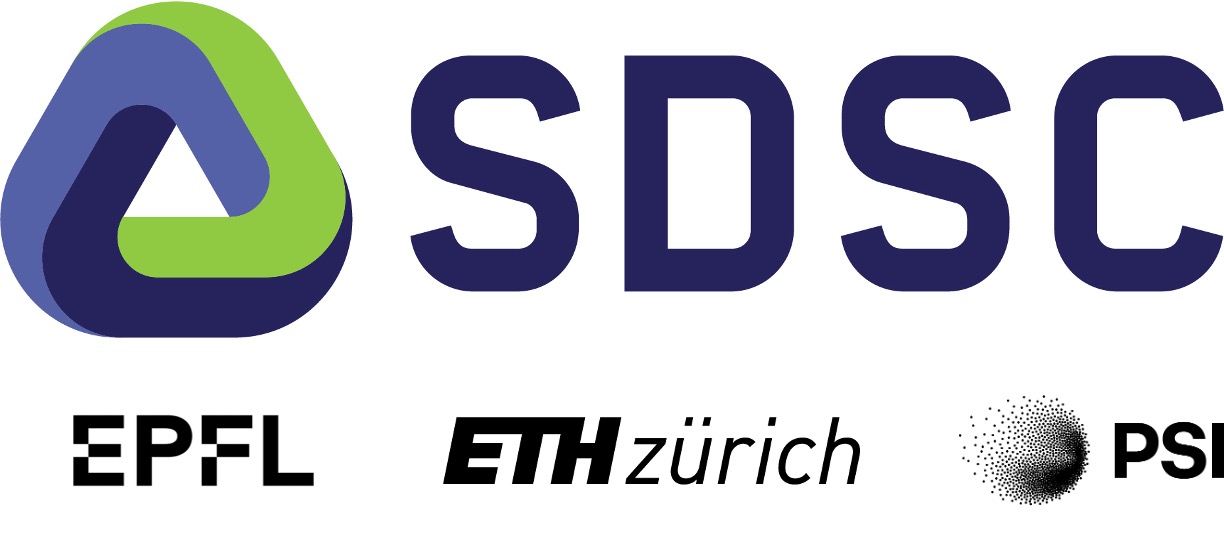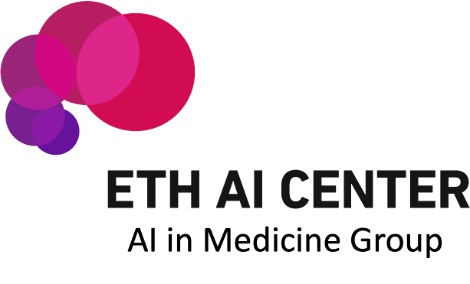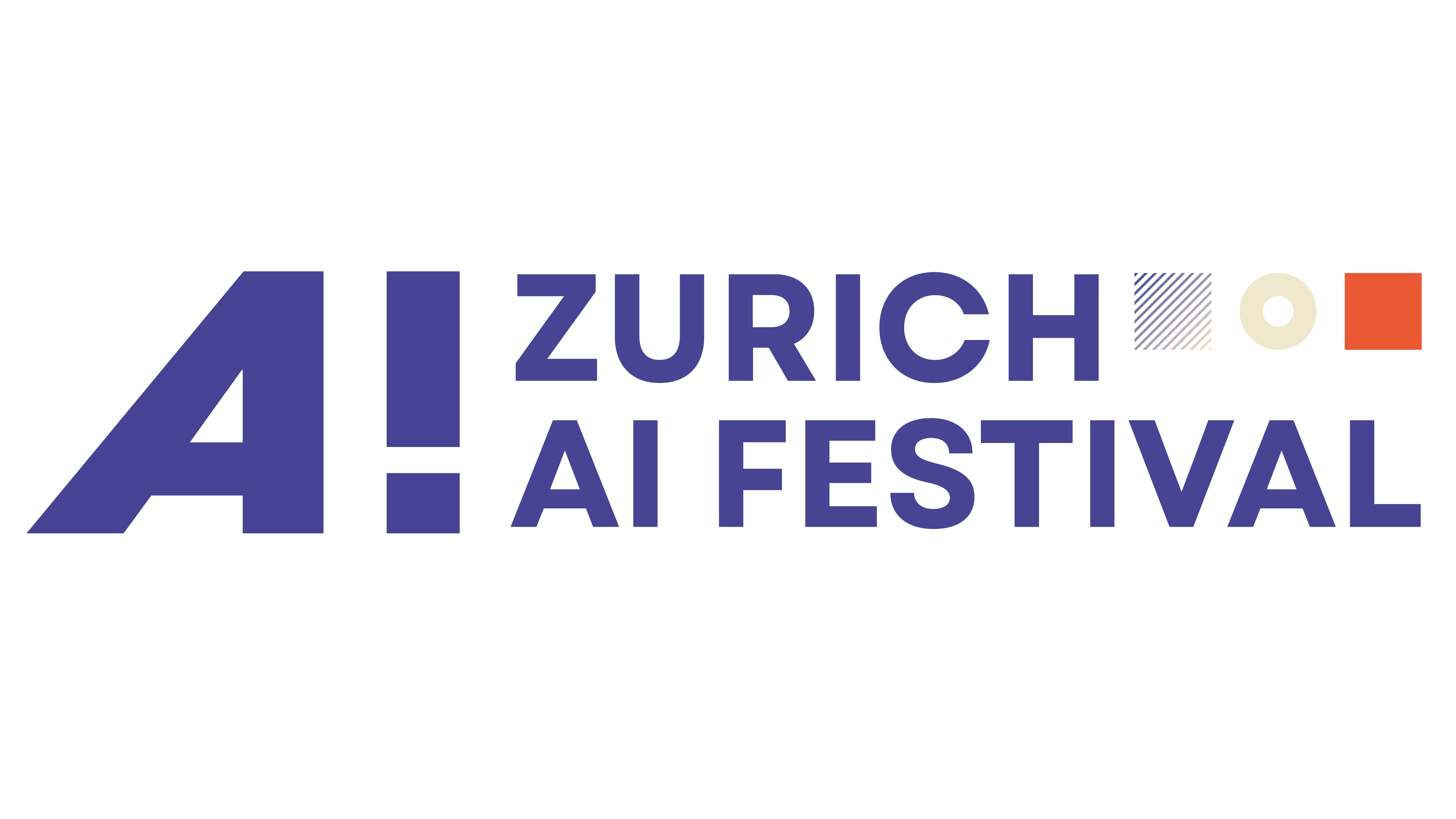Session 4: Trust | Building clinician, patient and public confidence in AI-driven care
Moderation: Dr. Sabine Goldhahn, ETH Zürich
Expert panel discussion
with Dr. Jasmin Barman-Aksözen (Patient advocate, UZH), Prof. Dr. Annie Hartley (EPFL), Dr. Jean Louis Raisaro (CHUV), Dr. Sukalp Muzumdar (Scailyte) and Dr. Alessandro Blasimme (ETH Zurich)
Abstract: Together with the panel, we will explore what trust in AI-driven care really means, where we stand today in terms of clinician, patient, and public confidence, and what is needed to strengthen it.
Moderation: Dr. Sabine Goldhahn, ETH Zürich
Expert panel discussion
with Dr. Jasmin Barman-Aksözen (Patient advocate, UZH), Prof. Dr. Annie Hartley (EPFL), Dr. Jean Louis Raisaro (CHUV), Dr. Sukalp Muzumdar (Scailyte) and Dr. Alessandro Blasimme (ETH Zurich)
Abstract: Together with the panel, we will explore what trust in AI-driven care really means, where we stand today in terms of clinician, patient, and public confidence, and what is needed to strengthen it.
Speakers
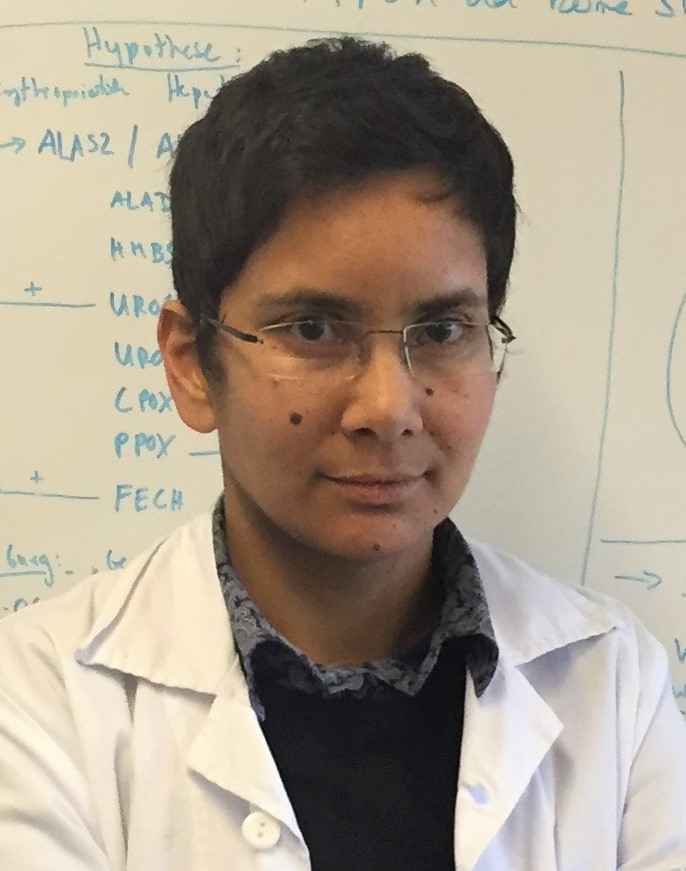

Jasmin Barman-Aksözen
Jasmin Barman-Aksözen is a scientist and a patient with the ultra-rare inborn error of metabolism erythropoietic protoporphyria (EPP). She is part of the University Research Priority Program “ITINERARE – Innovative Therapies in Rare Diseases” at the University of Zurich. She also serves on the Scientific Advisory Board of ProRaris and International Porphyria Patient Network (IPPN).
She studied molecular biology and biochemistry at the University of Heidelberg and obtained her PhD and Venia Legendi from the University of Zurich. During her PhD, she helped to develop the first drug for her own disease which is meanwhile approved in the EU, USA and Australia.
Her research topics cover basic science, diagnostics and drug development in EPP and related diseases (the porphyrias), as well as ethical, legal, social and health economics aspects of regulatory assessment and benefit evaluation of drugs for very rare disease (orphan drugs).
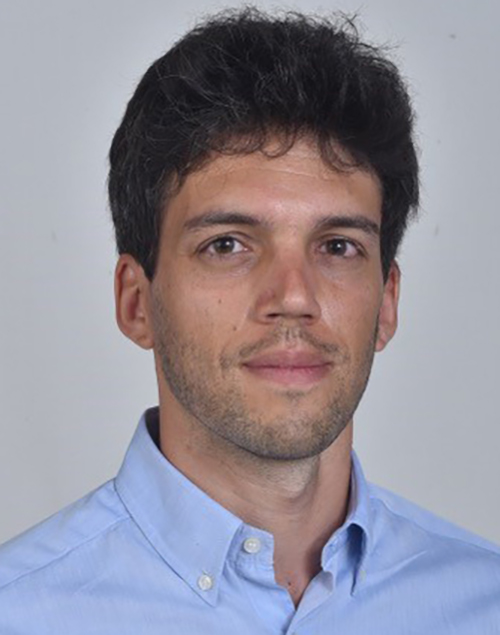

Jean Louis Raisaro
Jean Louis Raisaro is Head of the Clinical Data Science Group at CHUV’s Biomedical Data Science Center and Tenure-Track Assistant Professor at Vaud University Hospital (CHUV) and the University of Lausanne (UNIL). He holds a PhD from EPFL and degrees in Biomedical Informatics and Bioengineering from the University of Pavia.
His research focuses on safe, privacy-preserving AI/ML in healthcare, with contributions in federated analytics, secure cloud computing, anonymized data generation, and semantic interoperability. His work supports clinical decision-making and hospital optimization, and has been adopted by the Swiss Personalized Health Network. He has published in leading journals including Nature Communications, Nature Computational Science, JAMIA, and JMIR.


Annie Hartley
Mary-Anne (Annie) Hartley (Prof MD) is the director of LiGHT (Laboratory for Intelligent Global Health and Humanitarian Response Technologies) based at EPFL School of Computer Science with active sites in the U.S. (Harvard School of Public Health), Rwanda (C4IR) and India (Ashoka University).
Her work integrates AI, clinical research, and humanitarian response, including leadership in vaccine trials and epidemic modeling. With experience spanning Ebola outbreaks to COVID-19 trials, she has collaborated with ministries of health and global NGOs. Her mission is to bring intelligent, scalable solutions to underserved health systems worldwide.


Sukalp Muzumdar
Sukalp Muzumdar is an AI and data science leader specializing in applying advanced analytics and generative AI to life sciences and precision medicine. As Head of GenAI Adoption and Senior Data Scientist at Scailyte, he drives strategy and implementation of cutting-edge solutions across R&D, clinical development, and business operations. With a PhD from ETH Zürich and postdoctoral research at Cold Spring Harbor Laboratory, Sukalp brings expertise in multimodal data analysis, biomarker discovery, and cloud-based deployments. He is passionate about bridging technical innovation with commercial strategy, enabling transformative applications of AI in healthcare, clinical trials, and translational research.
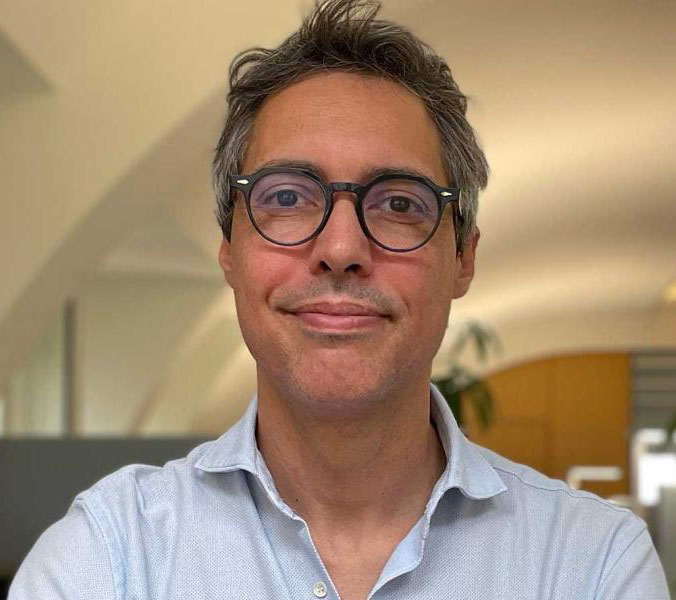

Alessandro Blasimme
Alessandro Blasimme is a reader in bioethics at Swiss Federal Institute of Technology (ETH Zürich). He has held research appointments at the French National Institute of Health and Medical Research (INSERM) as well as the University of Zürich, before joining ETH Zürich. In 2013 he received a Fulbright-Schuman Scholarship to undertake research at the Program on Science, Technology and Society, Harvard University (USA) where he was a fellow.
His research focuses on ethical and policy issues in biomedical innovation and biotechnology. His areas of expertise include translational medicine, precision medicine, stem cell research, aging and artificial intelligence. He has published widely in leading bioethics and medical journals and he is a principal investigator in national as well as international research consortia.
He is a visiting professor in bioethics at La Sapienza University of Rome (2022).
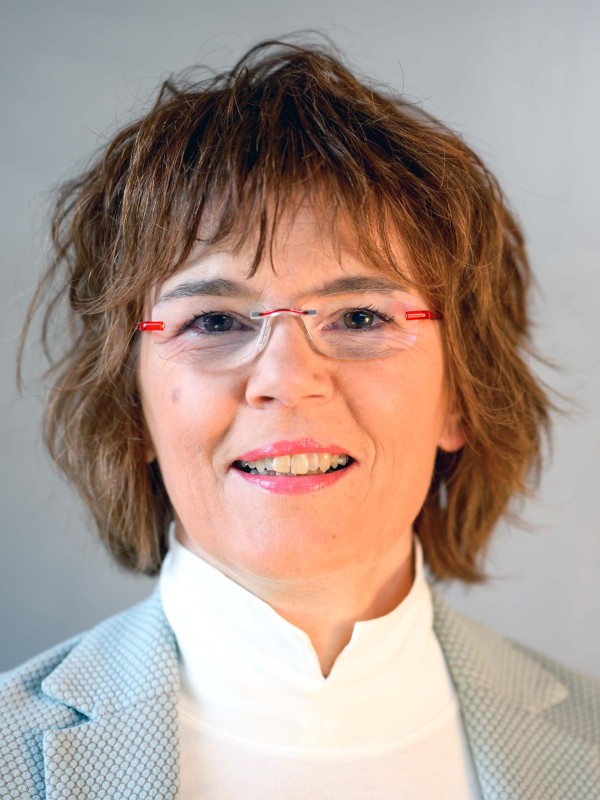

Sabine Goldhahn
Sabine Goldhahn is a medical doctor by training, who is fully dedicated to clinical research. She spent more than two decades in global clinical research where she planned, performed, and analyzed clinical trials. In her role as the medical director of a Swiss medtech startup she was managing the regulatory and operational challenges of clinical trials for market access. Currently, she is the programme manager of the MAS in Digital Clinical Research at ETH Zurich. In her additional role as communicator and science journalist, Dr Sabine Goldhahn makes research findings accessible to the public.

